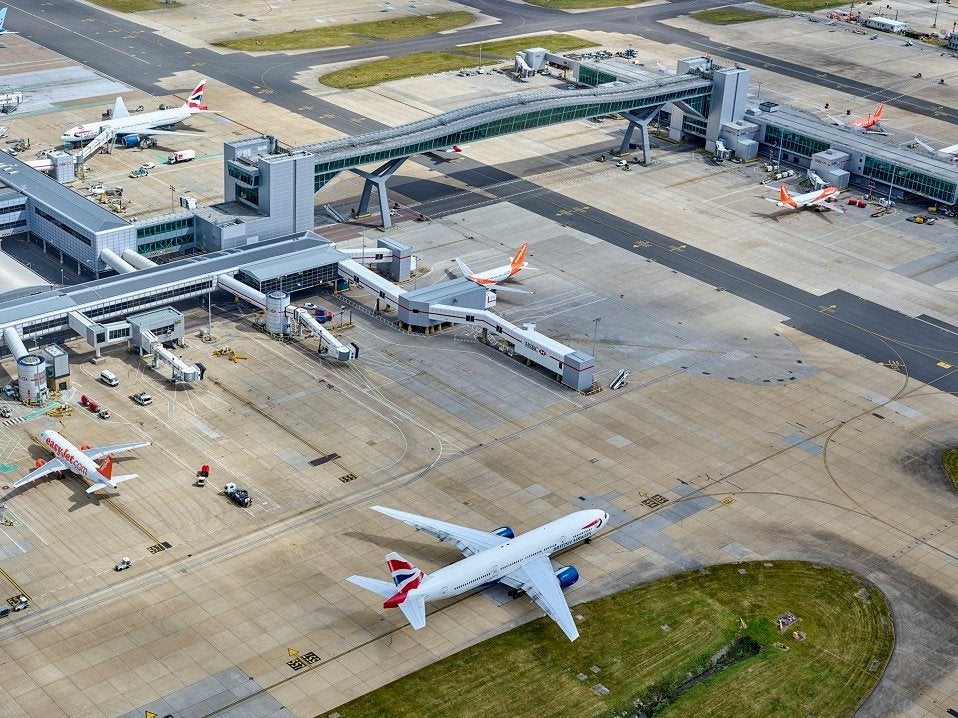Coronavirus: Is a key figure that shapes our economy now useless?
With some of the data used to create the Consumer Prices Index – like air fares – absent for this month, economists are having to find an alternative, says James Moore


Inflation is falling, and economists are talking about it slipping still further through the course of the year, perhaps to zero.
The Office for National Statistics said the 12-month figure for March was 1.5 per cent, down from 1.7 per cent the previous month and some way south of the Bank of England’s 2 per cent target.
The unprecedented times through which we are living are already having an impact, and it is going to get bigger. Will it even be possible to produce a figure for April?
Let’s look at the latest number, and the effect of the coronavirus on it, first. It’s behind the fall in the cost of motor fuel, with fewer people driving cars and the price of oil falling even before the tighter lockdown was imposed.
Ditto the negative contribution from clothes. On only one previous occasion, since comparable data started being collected in 1988, did their prices fall during the month in question, traditionally a big one for the rag trade with spring ranges hitting the shelves, and shoppers looking to kit themselves out for the improving weather.
Why buy clothes when you’re spending your life on your sofa? No one’s going to see you wearing them. That’s assuming you have the resources to indulge, which is an all too real concern for a growing number of people.
It’s notable that a survey of 1,500 people, conducted by the ONS shortly after the lockdown came into force, found it was affecting the household finances of just over 1 in 5 (22.9 per cent).
The early data suggests that the price of essentials are feeding into that, by rising sharply. The inflation a lot of people are actually experiencing could be a lot higher than the numbers would indicate.
Perhaps we need a new index, a Coronavirus Prices Index, looking at essentials and the like. Does that sound facetious? It isn’t. It’s the sort of thing that the Competition and Markets Authority, which has already sought to fire a shot across the bows of profiteers, might find useful.
The ONS has a bigger problem to grapple with right now, however, which brings us to April’s number.
CPI is an extremely important number because of the way it informs the economic and monetary policy making that affects us all.
The data for the 1.5 per cent figure recorded in March was collected before the full lockdown was imposed. So it’s reliable.
The problem is that since then whole sectors of the economy have, in effect, been shut down.
No one is flying, for example. But air fares feed into the data. So how do you produce a reliable figure in their absence? And it isn’t just air fares.
One option being considered is the use of a proxy, so another form of transport or even all transport prices. Of course, there’s not a lot of transport going on full stop.
There are other possibilities, which the ONS is discussing, and I’m told a paper is being worked on that will detail a way forward.
Whatever the answer the statisticians settle upon, it will be imperfect, which is somewhat troubling giving the importance of the numbers and the influence they have.
But like all of us, the number-crunchers are having to make the best of a bad job. They’re in an invidious position and it’s one I don’t envy.
Join our commenting forum
Join thought-provoking conversations, follow other Independent readers and see their replies
Comments